Prime Minister Anwar Ibrahim, a figure synonymous with reform and resilience, faces endless criticisms, with some accusing him of failing to meet expectations.
Detractors have described his performance with unflattering grades, while comparisons to past leaders are often skewed by selective context.
However, these critiques overlook the complexities of leading a coalition government and the significant achievements made under Anwar’s administration.
Anwar’s journey to premiership was not a traditional ascent but shaped by decades of adversity, imprisonment, and struggle. His rise symbolised hope for many Malaysians yearning for reform, hence people had unrealistic expectations of him.
However, the challenges awaiting him were unprecedented. Anwar leads a coalition government comprising ideologically diverse parties - from Pakatan Harapan to Umno. Managing this delicate balance while pursuing reforms is an intricate task unseen in previous administrations.
Unlike his predecessors, Anwar inherited a nation reeling from the economic and social aftermath of Covid-19, necessitating immediate and robust responses. To judge his administration by the standards of leaders like Dr Mahathir Mohamad, who governed under entirely different circumstances, is disingenuous.
While critics highlight Mahathir’s accomplishments, they often ignore the long-term consequences of his policies, including weakened institutions and entrenched cronyism, which Anwar has been trying very hard to tackle.
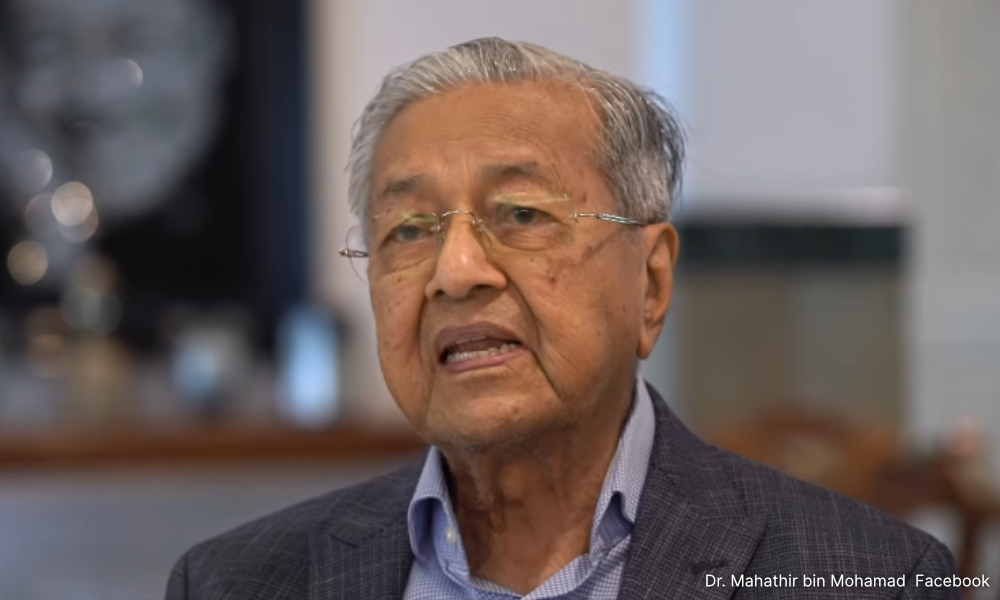
Madani’s successes
Those who made accusations of inaction on reforms failed to recognise the progress made within two years, including:
• Economic growth: Malaysia’s GDP growth of 5.3 percent in the third quarter of 2024 exceeded expectations, while unemployment rates fell to 3.2 percent, the lowest since 2020. These achievements underscore Anwar’s focus on stabilising the economy.
• Institutional reforms: The passage of the Public Finance and Fiscal Responsibility Act is a milestone in promoting fiscal discipline and transparency. While reforms like the separation of the attorney-general and public prosecutor’s roles are ongoing, these require time and cross-party consensus.
• Social justice initiatives: Policies targeting equitable wealth distribution, such as targeted subsidies, minimum wage adjustments and expanded healthcare access, reflect a commitment to inclusivity.
• Palestinian solidarity move: Criticised by some, this initiative, including the move to expel Israel from the United Nations, underscored Malaysia’s unwavering commitment to human rights and international justice.
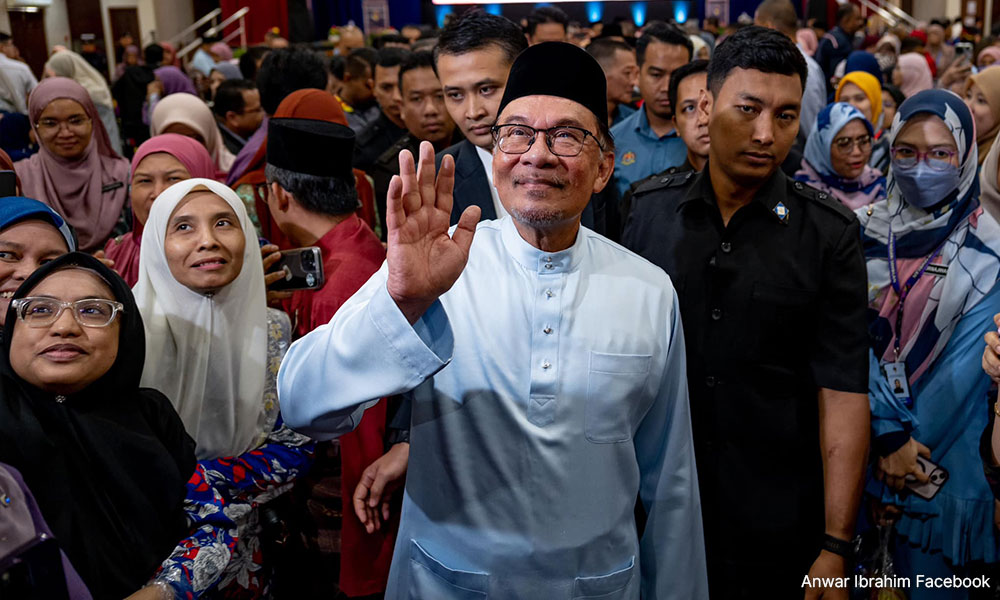
Unfair comparisons
Critics argue that Anwar pales compared to Mahathir and other past leaders. However, this comparison overlooks key differences:
• Mahathir’s legacy: While Mahathir implemented notable policies during his tenure, he also centralised power, weakened institutions and fostered economic inequality. Anwar’s administration, in contrast, prioritises institutional reforms and democratisation.
• Ismail Sabri Yaakob’s achievement: While ex-PM Ismail managed to introduce some reforms, these were achieved due to the cooperation of Anwar as the then-opposition leader. Anwar’s government does not get the support of the current opposition leader, making it hard to implement things such as Equal Parliamentary Funding. Even then, Anwar still managed to introduce some comprehensive policies across sectors.
• Muhyiddin Yassin’s pandemic governance: Muhyiddin relied on emergency powers to suppress dissent, whereas Anwar has consistently upheld democratic norms despite political challenges.
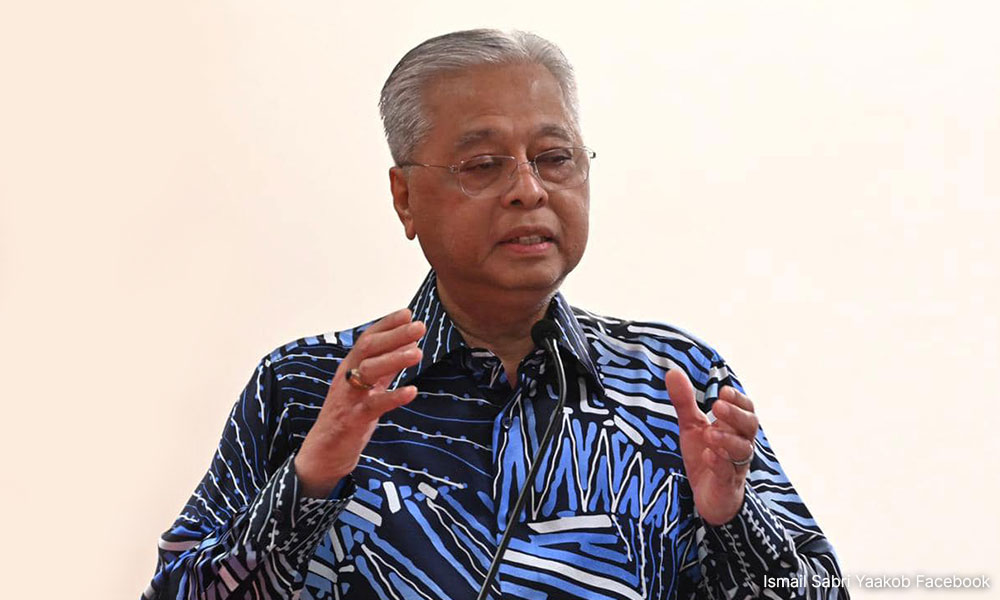
Unlike past leaders with stronger parliamentary control, Anwar operates within the constraints of a coalition government. Critics fail to acknowledge that certain coalition members have their own agenda, often complicating reforms.
However, Anwar’s ability to maintain coalition unity reflects political acumen. At the same time, the Perikatan Nasional-led opposition thrives on divisive rhetoric centred on race and religion, making bipartisan cooperation on reforms challenging.
Critics label Anwar as populist, yet his international engagements have secured record-breaking foreign investments of RM329.5 billion. This is not populism but pragmatic leadership aimed at boosting Malaysia’s global standing.
Reforms delivered
Far from shirking responsibility, Anwar has empowered his cabinet, ensuring that key portfolios deliver results. Delegating tasks is not negligence but effective governance.
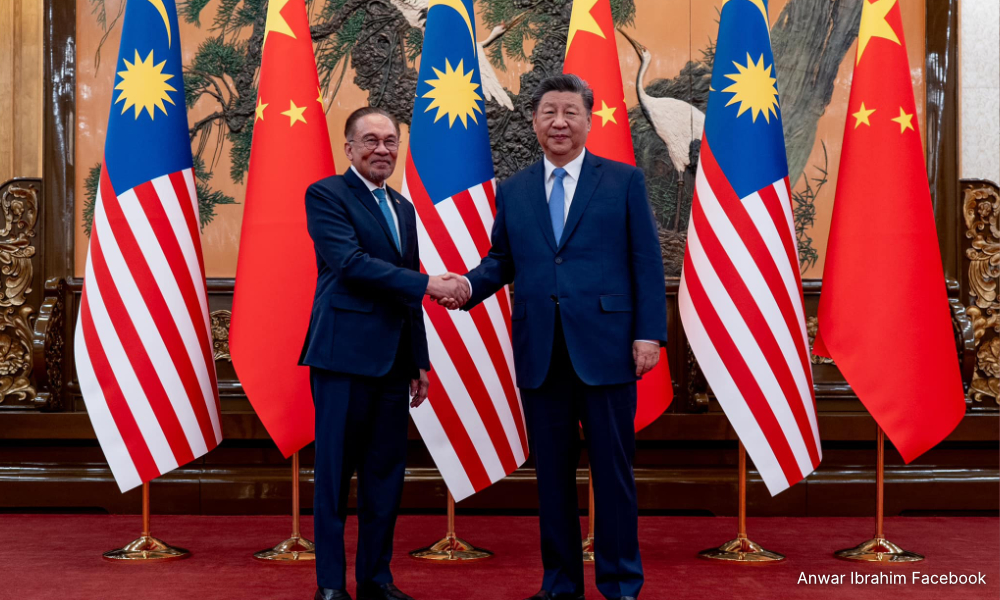
Reforming entrenched laws like the Sedition Act and Security Offences (Special Measures) Act (Sosma) requires parliamentary consensus. Anwar’s administration has already repealed the mandatory death penalty, and amended citizenship laws to make it easier for people to get citizenship, marking progress on human rights.
While no administration is without flaws, the D grade assigned by Bersih oversimplifies the complexities of governing a diverse and recovering nation.
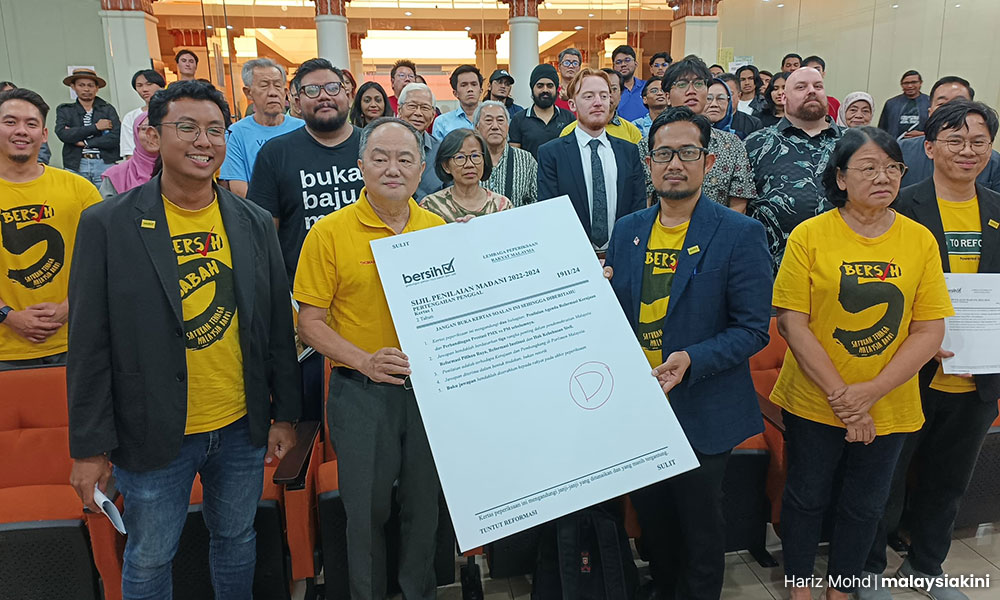
Key achievements under Anwar’s leadership include:
• Economic stabilisation: Record investments, job creation and fiscal responsibility.
• Institutional strengthening: Reforms targeting corruption and transparency.
• Social equity: Policies addressing poverty and inequality across all communities.
• Global advocacy: Positioning Malaysia as a voice for justice on the international stage.
Criticism is essential in a democracy, but it must be constructive and contextual. The challenges faced by Anwar’s administration are unparalleled, and progress, though incremental, is evident. To dismiss his leadership based on a superficial assessment undermines the strides Malaysia has made under his tenure.
With three years remaining, Anwar’s government has the potential to realise its reformist vision and secure a brighter future for all Malaysians. Let us judge fairly, not hastily. - Mkini
MOHD MIZAN MOHAMMAD ASLAM is a professor in the Department of International Relations, Security and Law, National Defence University of Malaysia (UPNM).
The views expressed here are those of the author/contributor and do not necessarily represent the views of MMKtT.

No comments:
Post a Comment
Note: Only a member of this blog may post a comment.